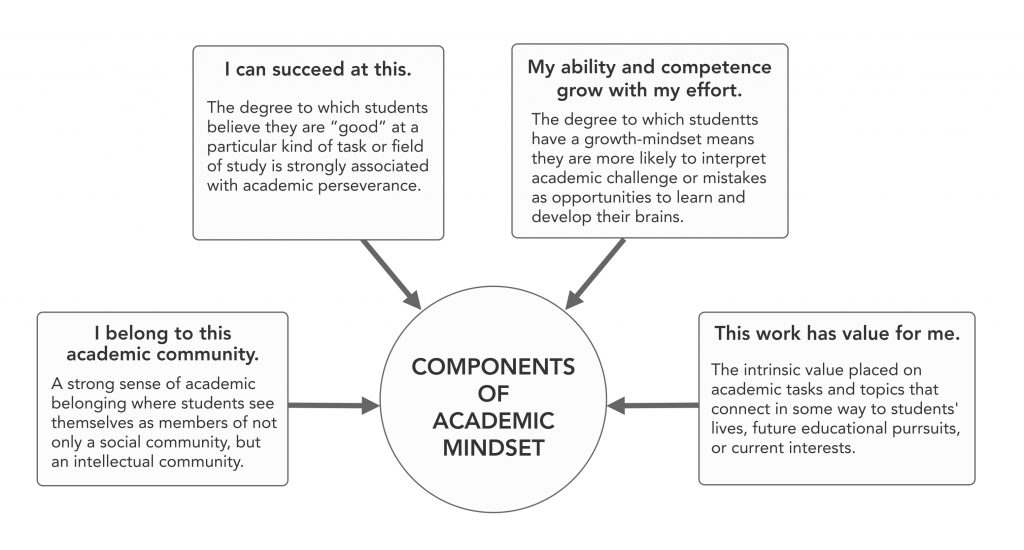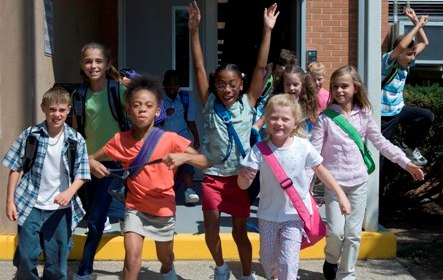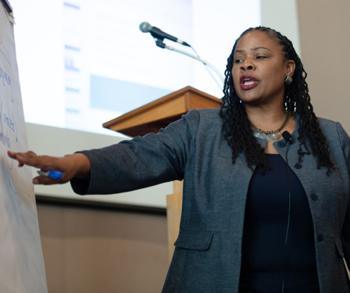Well, Memorial Day is just around the corner and it’s all over but the shouting. Testing is behind us. Finals will come and go and there’ll still be a week or so of school left.
As culturally responsive teachers, I think we often miss the opportunity to use the last few weeks of school to strengthen our diverse students’ self-concept as independent learners and affirm that they are smart and capable, even if they are not where they need to be.
Here’s the brain science behind it. It’s call primacy. The brain remembers the first and last parts of an event more vividly then what happens in the middle. What we do at the beginning and end colors how we feel for years to come because it imprints the brain and leaves a biochemical tracer tied to emotions and neural pathways.
So, just like we spent dedicated time at the beginning of school building learning partnerships, we should be using the last few weeks to reinforce important non-cognitive skills that can help students maintain a positive mindset and set them on the path of summer learning.
Use these last few weeks to build a set of fun, engaging activities around the four dimensions of academic mindset.
Here are five suggestions
- Give kids time and tools to reflect on their learning.
The brain operates on the progress principle, the idea that we learn best when we have a chance to step back and document how much we have moved forward.
They can write, make scrapbooks, record a video piece, or create drawings. Prompt them to think about what they learned, how they learned, what was challenging, how they dealt with those challenges, what they feel proud of, how they changed.
You’ll need to provide scaffolding and guidance for this activity for dependent learners who are can’t always see their growth. Model the process and have them share their pieces as they develop them.
- Schedule an exit interview.
Arrange for one last conference with each student. This isn’t about telling them what they need to work. It’s not the time to talk about the student’s weaknesses. Instead use it to help the student see her unique gifts, talents and superpowers. And if you are feeling brave, ask them to tell you what they believe are your gifts, talents, and superpowers.
- Arrange for a book swap.
Make sure every child goes home with one or two books to read for the summer. They don’t have to be new. Gently used it good enough. I know my own kids always had books they’d read and enjoyed but were done with. Start early collecting books. Have students and teachers bring in books to share. Make it fun – maybe students can create book trailers or hold a short book talk. No grades, just sharing.
- Help them make an “Assign Myself” summer plan.
We hear a lot about summer learning loss. For many kids, summer is time when their structures and routines fall apart, the most predicable people in their lives — their teachers and classmates — are absent, and the boredom can be numbing. Help students make a summer learning plan. Do some exploration of topics and have students identify at least two things they’d like to learn about. Suggest some ways they can “assign themselves” tasks and activities to learn more – going to the library for books, finding and watching programs on the Discovery Channel, playing video games based around that topic. Also suggest one skill they might work on improving – writing by keeping a journal, reading by joining the library’s summer reading program, multiplication times tables with an online games.
The goal is two-fold: keep their minds active and build their ability to be the leaders of their own learning.
- Create a rite of passage.
Last but not least, create space and time in the final weeks for ritual. The brain thrives on ritual because the process brings together mind, body and spirit in ways that imprint us. Start with a time for students to share their reflection projects. Remember ritual involves symbol, sound, and movement, so have inspirational music, uplifting pictures, and poetry. Make it unique to who you all are as a community of learners.
The goal is to end the year with same level of enthusiasm and intention that you started it with in hopes that students remember their own power as learners.


